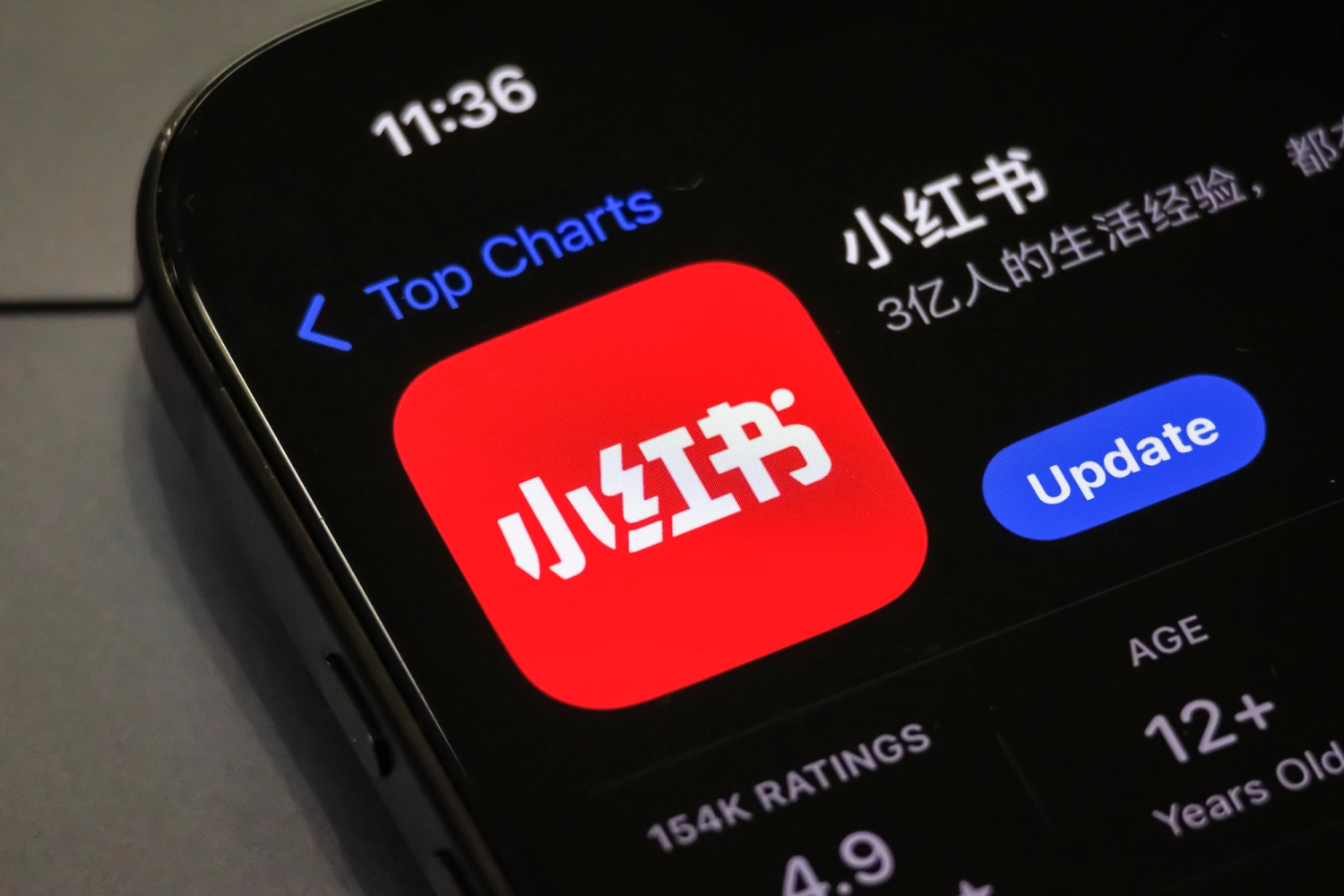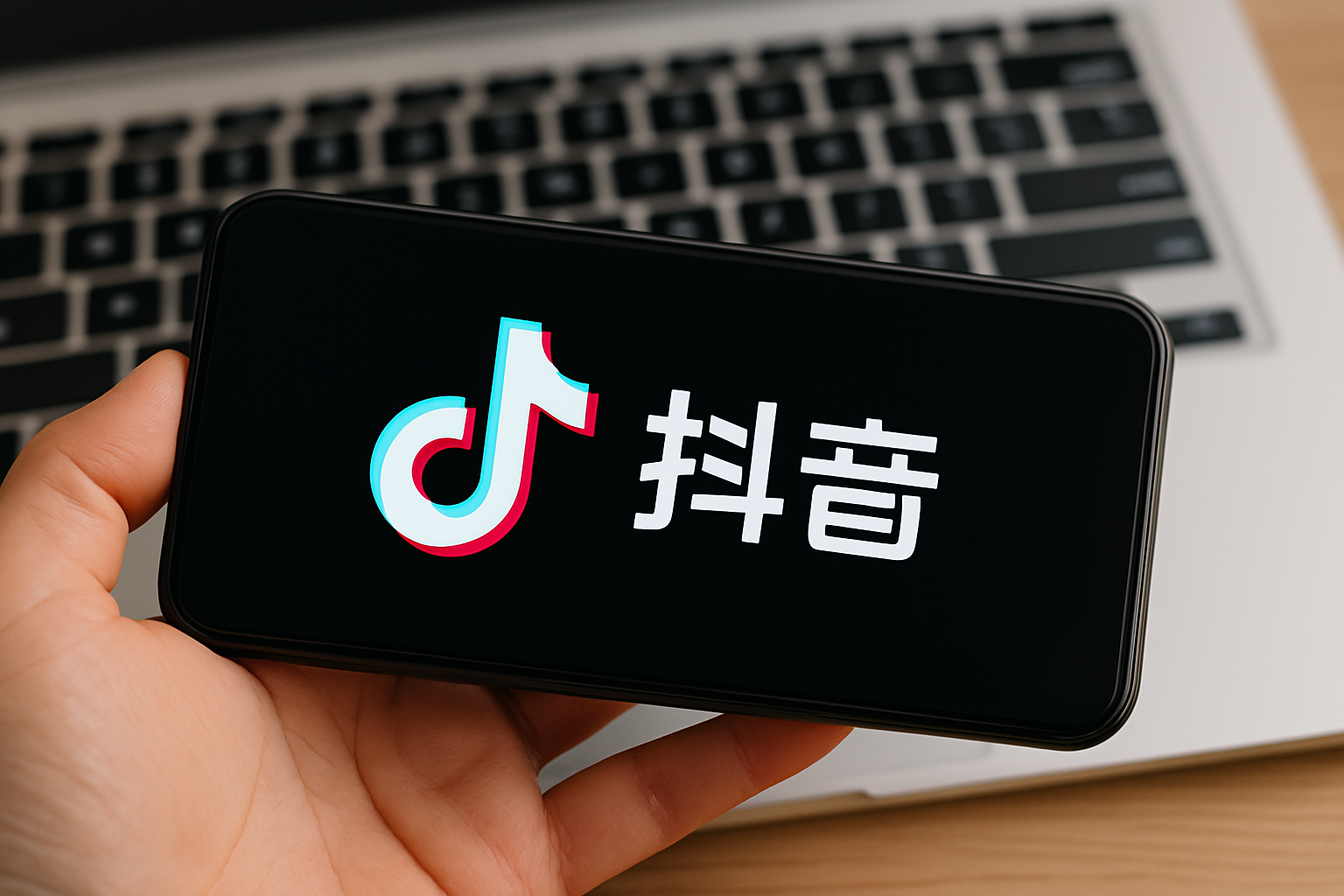Growing Significance of Private Traffic
In China, a growing number of industries are incorporating private traffic into their digital strategy. Meituan, a food delivery app similar to Uber that has 450 MAUs, is one of them. Bonus fandom groups, where businesses may communicate directly with customers, are the newest additions to Meituan. Customers can find group access directly from the shop’s main page & u users are encouraged to join such organisations by CTAs implying that they will receive further coupons and offers.
At the same time, groups give users a place to express their comments and merchants a place to change their products. Meituan just implemented a new social feature: customers can now share their restaurant orders with their friends to enhance company awareness.
Link: https://mp.weixin.qq.com/s/btw5G7GQvwOyNqgQQGbn3w
Bilibili and Luxury Brands?
Bilibili, which began as an anime and comics platform, has evolved into a crucial platform for Chinese Gen Z, focused primarily on mid and long videos, and is currently China’s third largest video platform.
Beauty brands such as Shiseido and Lancome have already begun to experiment with Bilibli in order to reach Gen Z, but will luxury brands follow suit?
Bilibili is still relatively unproven in the luxury market, having only attracted a few early adopters such as Dior, Fendi, and Gucci to yet. The major disadvantage is the average age of a Bilbili user, which is still quite young. Bilibili has been actively pushing its e-commerce capabilities to its more than 62.7 million DAUs over the last two years.
Link: https://jingdaily.com/will-a-red-hot-bilibili-become-irresistible-to-luxury-brands-in-2022/?utm_source=CCI&utm_campaign=bca9179477-EMAIL_CAMPAIGN_2020_03_12_06_39_COPY_01&utm_medium=email&utm_term=0_f85454f2c4-bca9179477-408382229
Why Chinese Brands’ Strategies are Important to Brands Everywhere
Chinese businesses differ structurally from those in other countries in that they place a greater emphasis on revenue growth and customer acquisition rather than profit, as most western brands do. As a result, they devote a considerably higher portion of their revenue to marketing and concentrate on hot platforms and key opinion leaders.
Since China has become the world’s factory, Chinese brands can swiftly imitate and improve what is being produced. Because most Chinese businesses do not have heritage brands to protect, they are less risk-averse than established western companies and are willing to attempt a lot more things. This lean startup, come-as-you-are strategy has now been embedded in the DNA of many Chinese brands. Everyone who has grown up in China has only experienced constant change, which has made them extremely adaptive and quick-thinking, especially in business.
Understanding how Chinese competitors operate is critical for brands in China. However, with Chinese businesses like SHEIN becoming more likely to compete in western markets, marketers and strategists working in other nations, including their own local markets, must understand how they operate.
Link: https://www.chinaskinny.com/blog/chinese-brand-strategies-to-watch/
AMX X Ayayi – the first Metahuman in China
AMX, a yogurt company, teamed up with Ayayi, the first Chinese Metahuman, to produce a digital yogurt based on user data. This digital yogurt is comparable to NFT, a one-of-a-kind cryptocurrency token that serves as a digital asset representation.
AMX gained more scientific and technological features as a result of this collaboration, which set it apart from the competition. AMX will use Xiaohongshu and Weibo to promote the idea that “Yogurt brands may also be popular and fashionable” in order to raise the brand’s visibility. AMX wishes to usher the company into the digital era.
On September 8th, Ayayi started working for Alibaba as the proprietor of Tmall Super Brand. She had her own ID card and launched the first NFT digital mooncake for the Mid-Autumn Festival.



